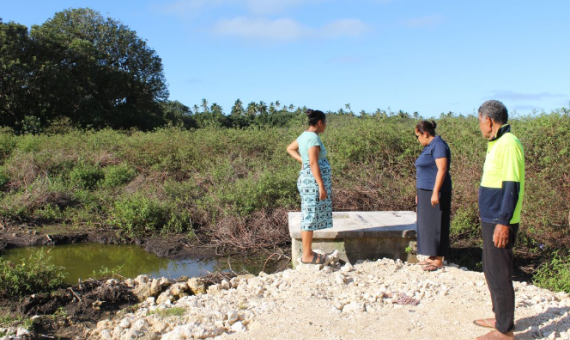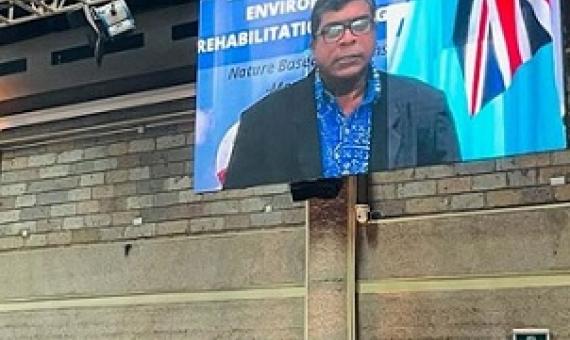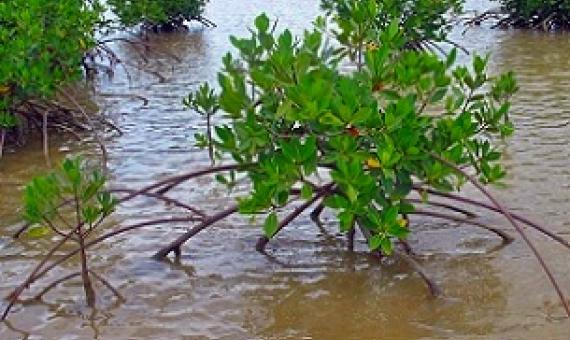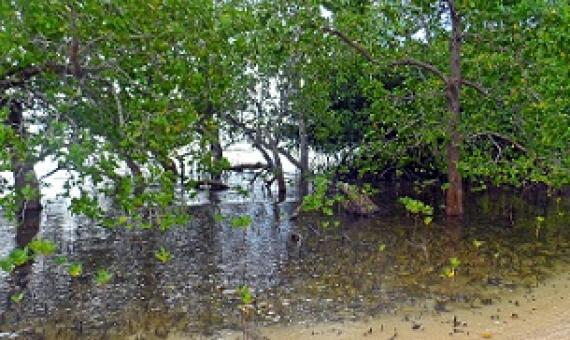The Tonga National Youth Congress (TNYC) Kiwa Initiative project is using Nature-based Solutions (NbS) to protect Tonga's coastal environments and strengthen climate resilience.Climate change is a major threat to Tonga, but TNYC is fighting back with cost-effective and sustainable NbS pract
The Policy Implications of the Dasgupta Review: Land Use Change and Biodiversity
The “Dasgupta Review” of the economics of biodiversity (Dasgupta 2021) identifies many factors that threaten the ecological sustainability of our economies. This article examines how two policy failures - the underpricing and underfunding of nature – influence global land use change and terrestrial biodiversity loss. If natural areas are priced too cheaply, then converting them to agriculture, forestry and other land uses is less costly than protecting or preserving habitats. Underfunding nature further reduces the incentives for conservation and restoration.
This year’s Equator Prize will recognize innovative initiatives from Indigenous peoples and local communities that demonstrate exceptional achievements in nature-based solutions for local sustainable development.
The Minister for Agriculture Dr Mahendra Reddy says Fiji is working tirelessly to protect, manage and restore its ecosystems by actively promoting and incorporating Nature-Based Solutions in its ever-increasing disaster management models.
Funding for nature conservation must triple worldwide by the end of this decade if climate goals are to be met.
At the Glasgow Climate Change Conference in November, the UK Presidency highlighted the role that nature could play in helping solve the climate crisis by making it one of the conference’s key action items and themes.
National mitigation potential from natural climate solutions in the tropics
Better land stewardship is needed to achieve the Paris Agreement’s temperature goal, particularly in the tropics, where greenhouse gas emissions from the destruction of ecosystems are largest, and where the potential for additional land carbon storage is greatest. As countries enhance their nationally determined contributions (NDCs) to the Paris Agreement, confusion persists about the potential contribution of better land stewardship to meeting the Agreement’s goal to hold global warming below 2°C.
A multimillion-dollar blue carbon pilot project deal by the Australian government through Conservation International and three communities around the country.
At the 2021 UN Climate Change Conference (COP26), the Federal Environment Ministry of Germany (BMU) announced it will provide an additional €10m to the Global EbA Fund, a pioneering funding mechanism implemented by the International Union for Conservation of Nature (IUCN) and the UN Environm
Nature-Based Solutions for Urban Climate Change Adaptation and Wellbeing: Evidence and Opportunities From Kiribati, Samoa, and Vanuatu
Climate change and urbanisation in combination put great pressure on terrestrial and ocean ecosystems, vital for subsistence and wellbeing in both rural and urban areas of Pacific islands. Adaptation is urgently required. Nature-based solutions (NbS) offer great potential, with the region increasingly implementing NbS and linked approaches like ecosystem-based adaptation in response.













